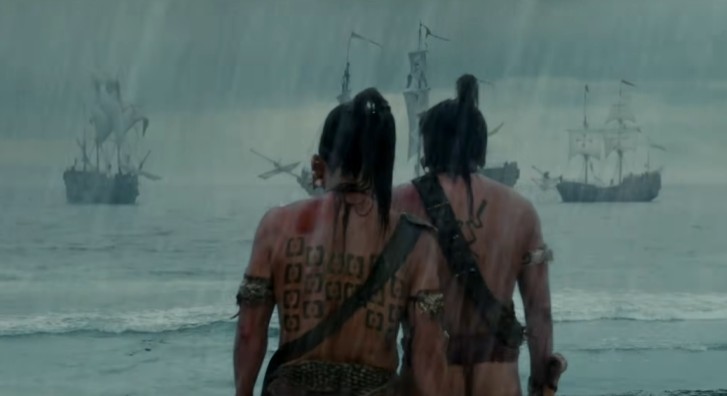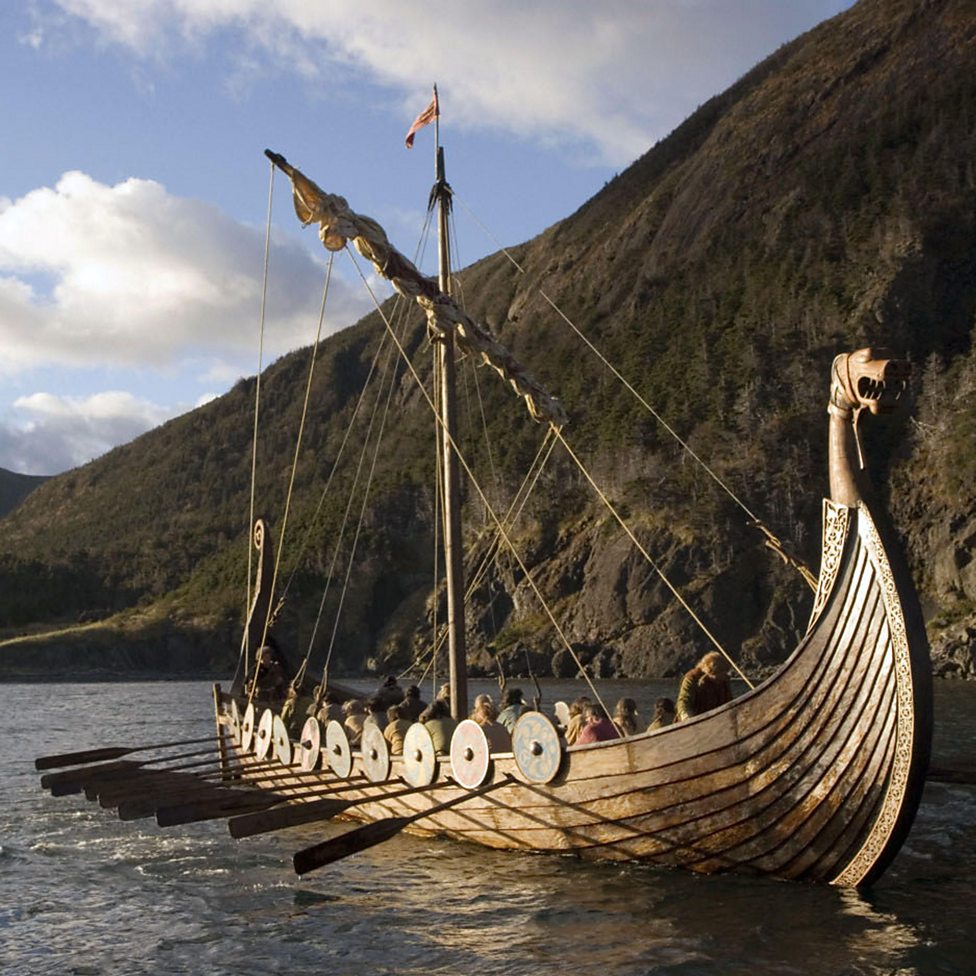GladiusFrog
Member
He pitched his voyage using a wildly wrong map, shrinking Earth by thousands of miles. His crew slept on deck with rats and roaches, no beds. He faked his ship's log to trick his men into sailing farther. He gifted Spain's royals parrots that swore like sailors. lol
Also I love this movie:
Also I love this movie:








